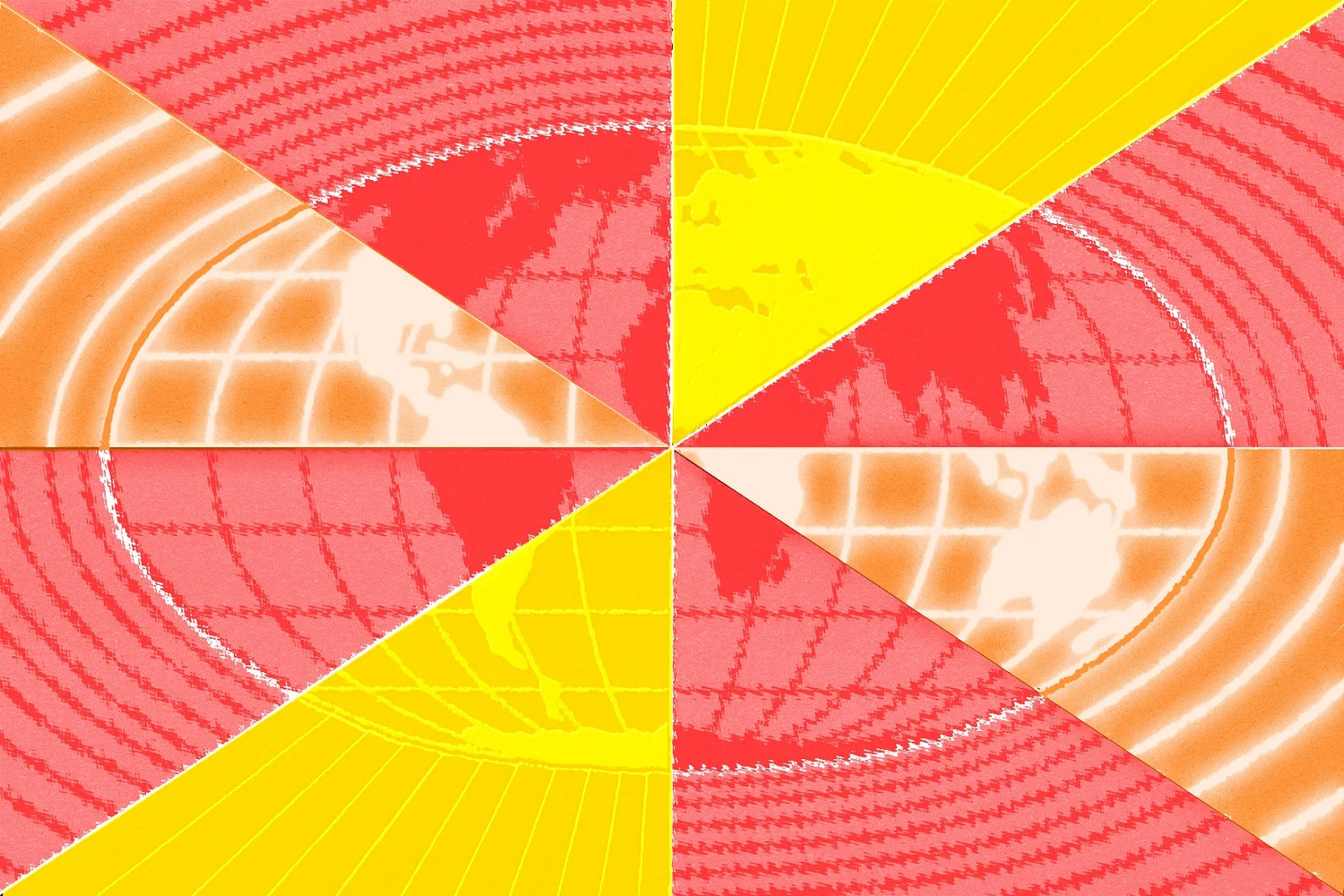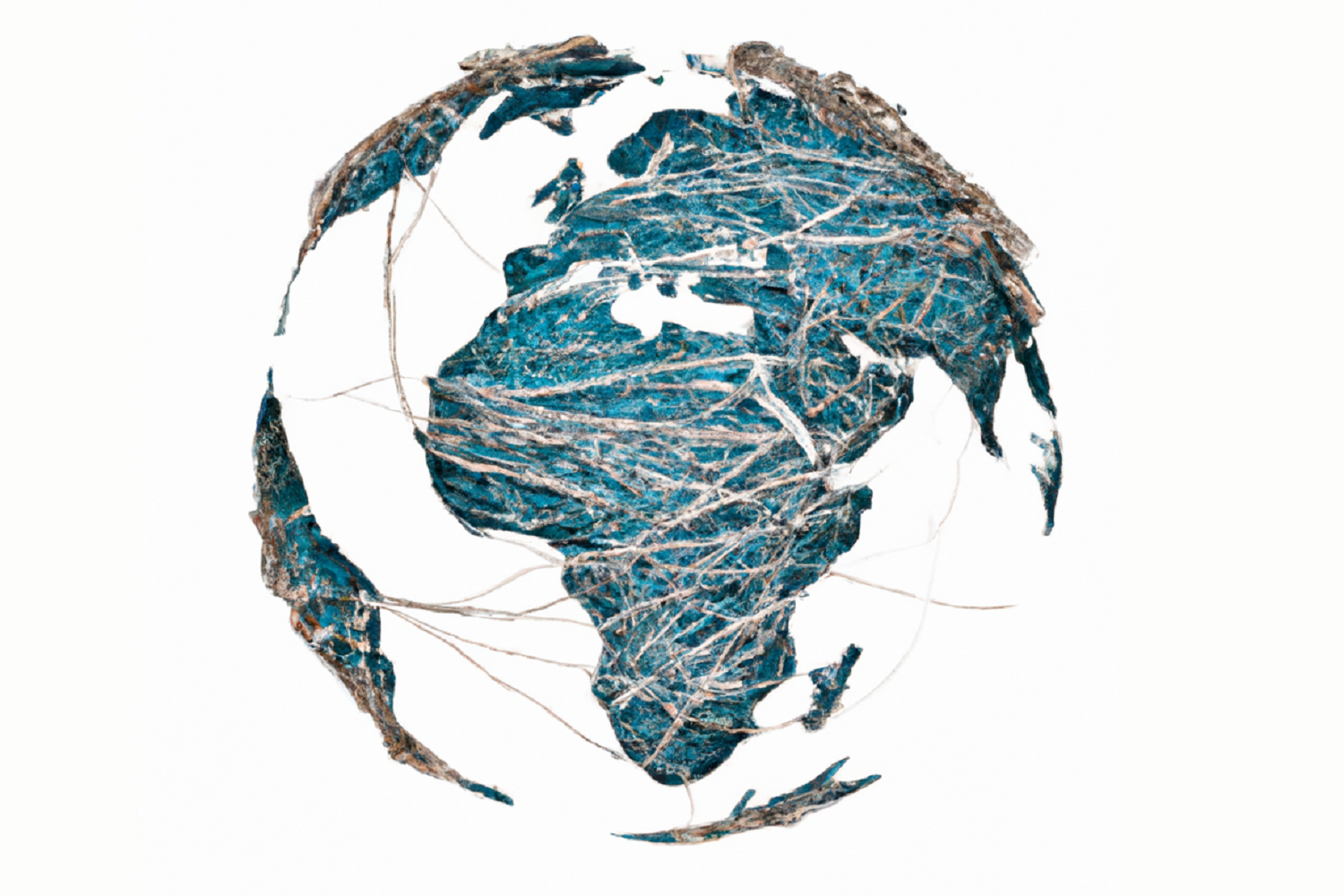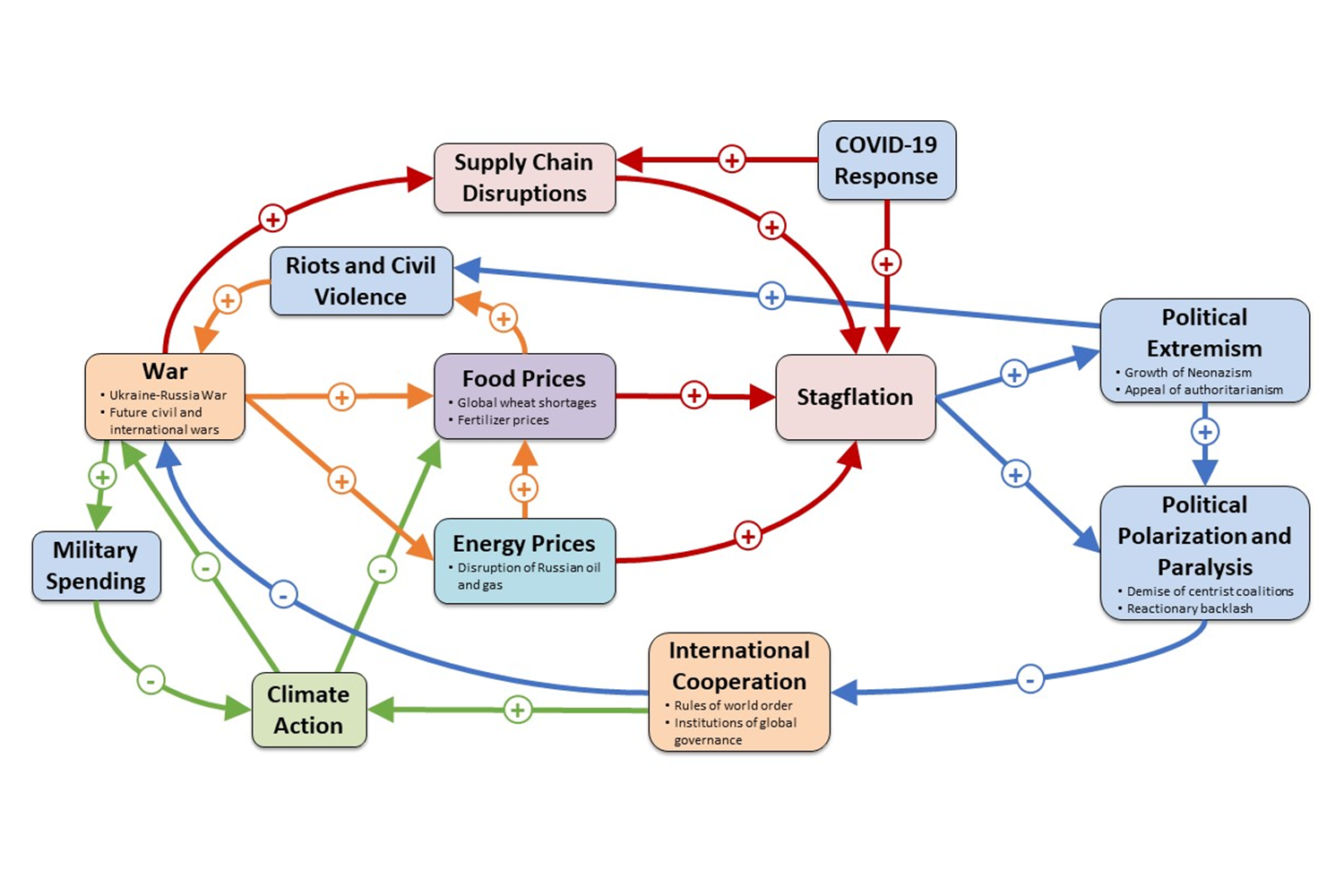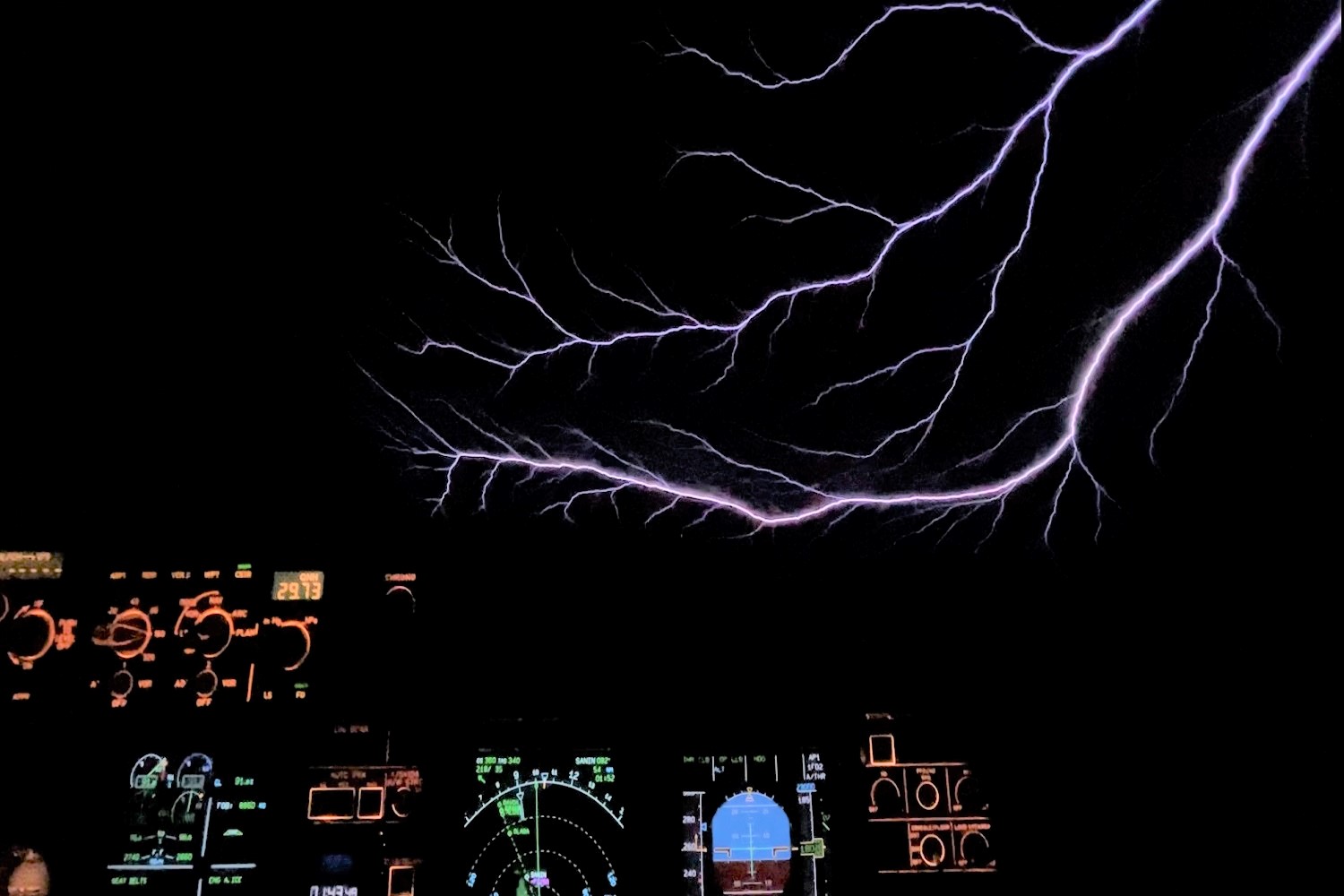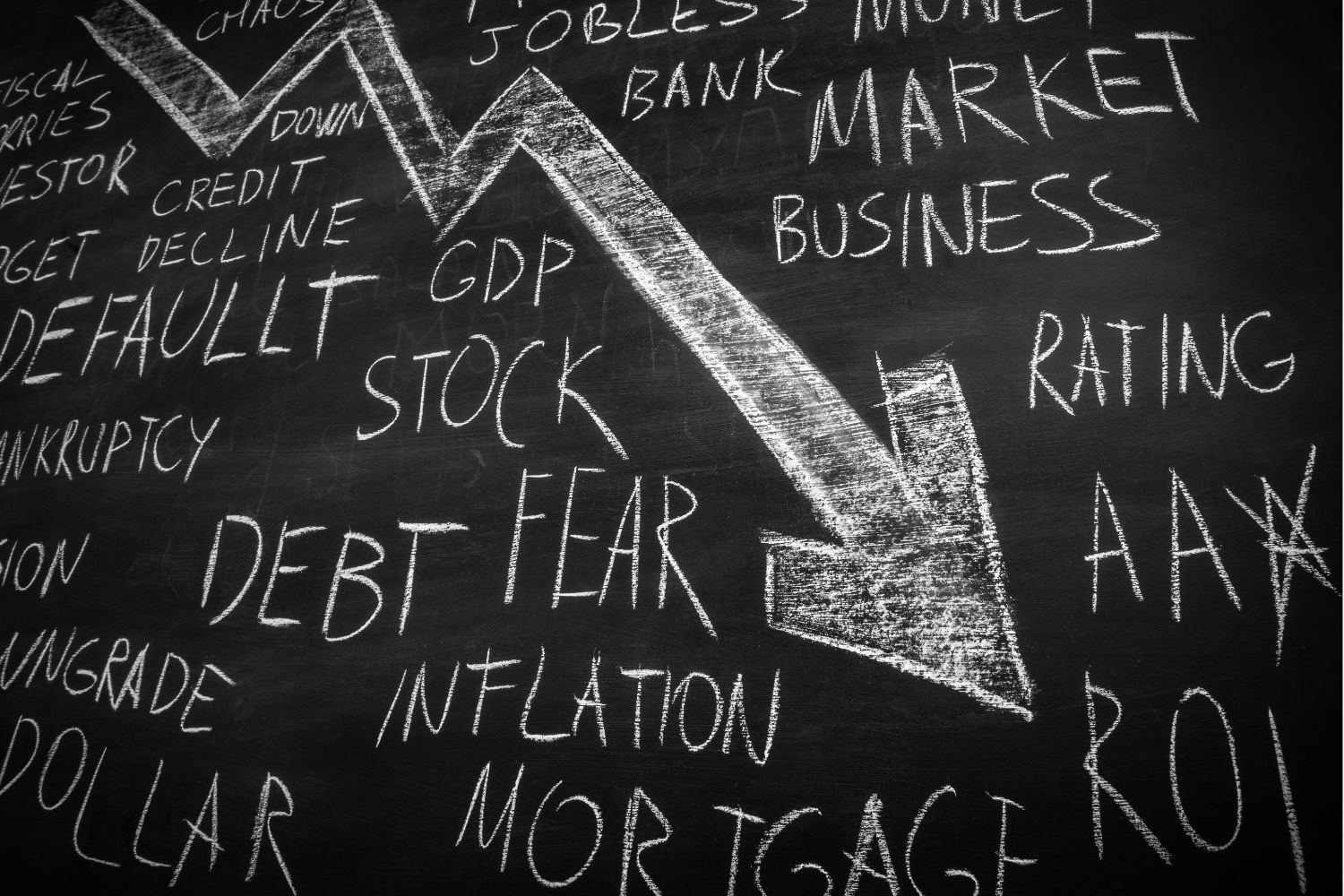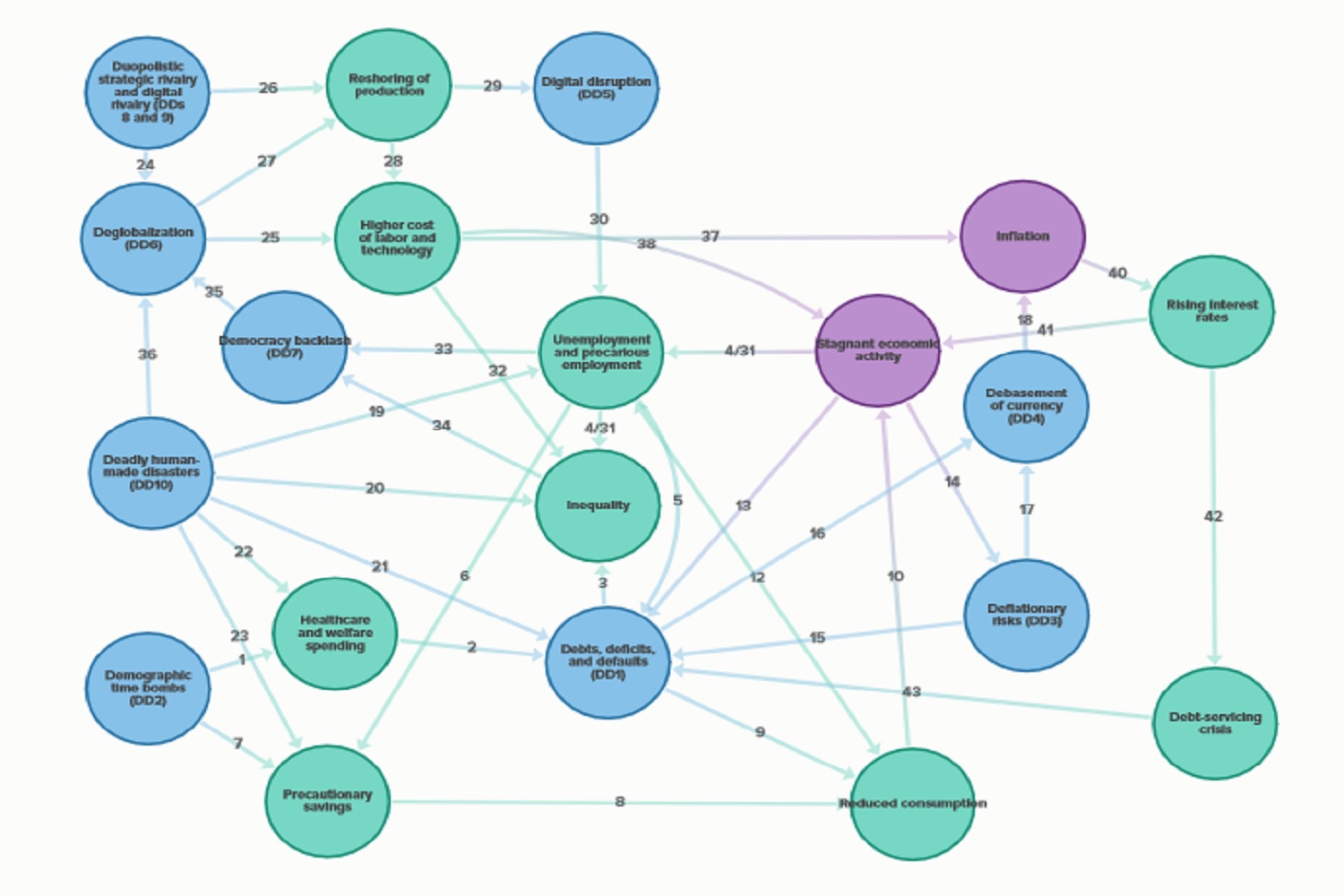Humanity faces an array of grave, long-term challenges, including climate change, biodiversity loss, pandemics, widening economic inequalities, financial system instability, ideological extremism, and an escalating danger of nuclear war. These systemic risks are converging into a “global polycrisis” with its own emergent dynamics.
The community of people dedicated to understanding, mitigating, and governing the polycrisis remains fragmented. The study of the polycrisis is a nascent field; there is an opportunity to share concepts and develop a clear research agenda and practical strategies for turning knowledge into action. We encourage those seeking to better understand and collaborate to visit polycrisis.org, a resource hub dedicated to collaboration towards more effective strategies and policies to address the growing polycrisis.
Researchers at the Cascade Institute are dedicated to examining how today’s multiple crises are linked and how the polycrisis could create possibilities for positive outcomes. Below you will find Cascade Institute research and commentary on emerging polycrises, the consequences of crisis interaction, as well as responses with potentially big-and-fast effects.

2015, Ecology and Society 20(3): 6



